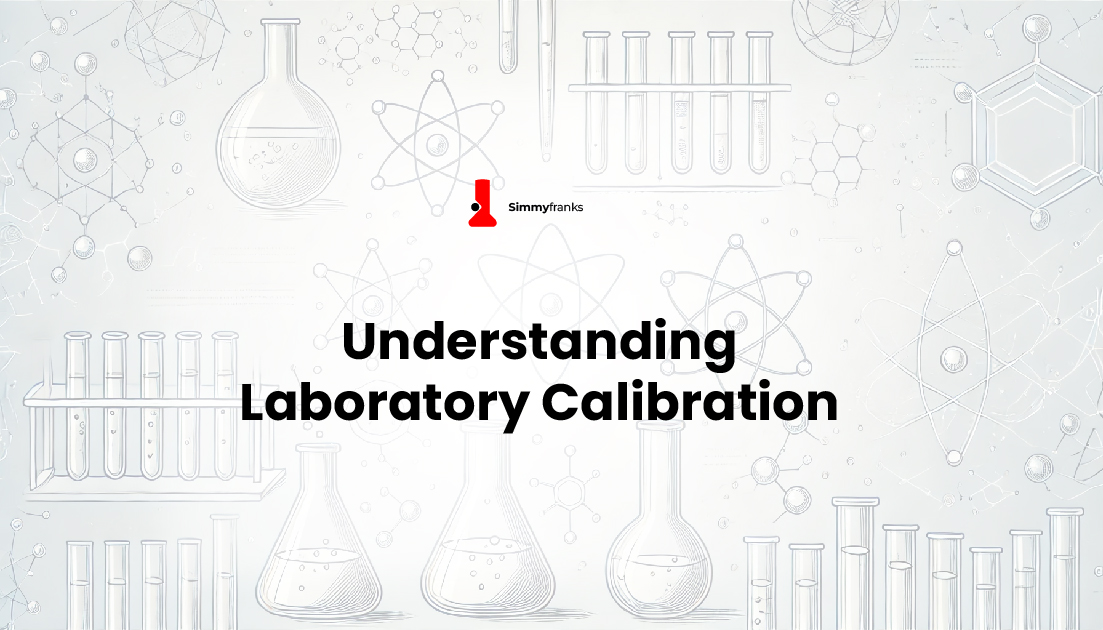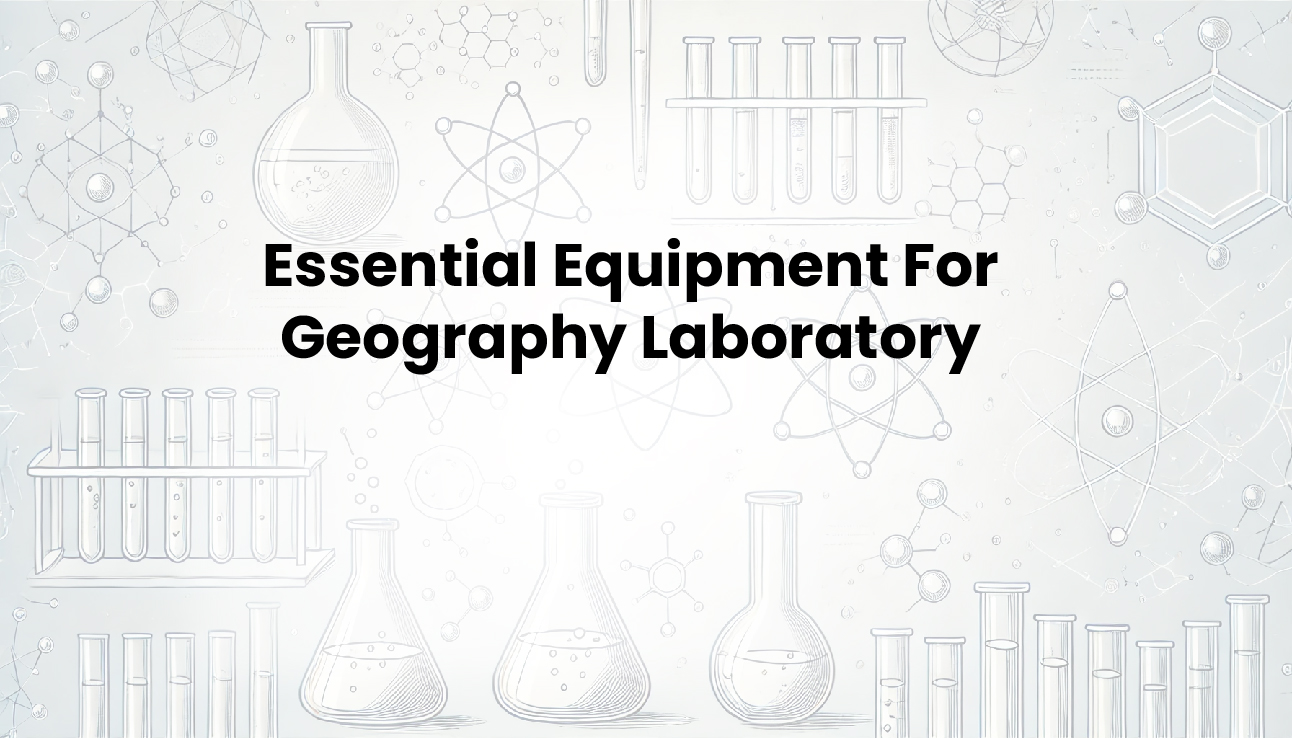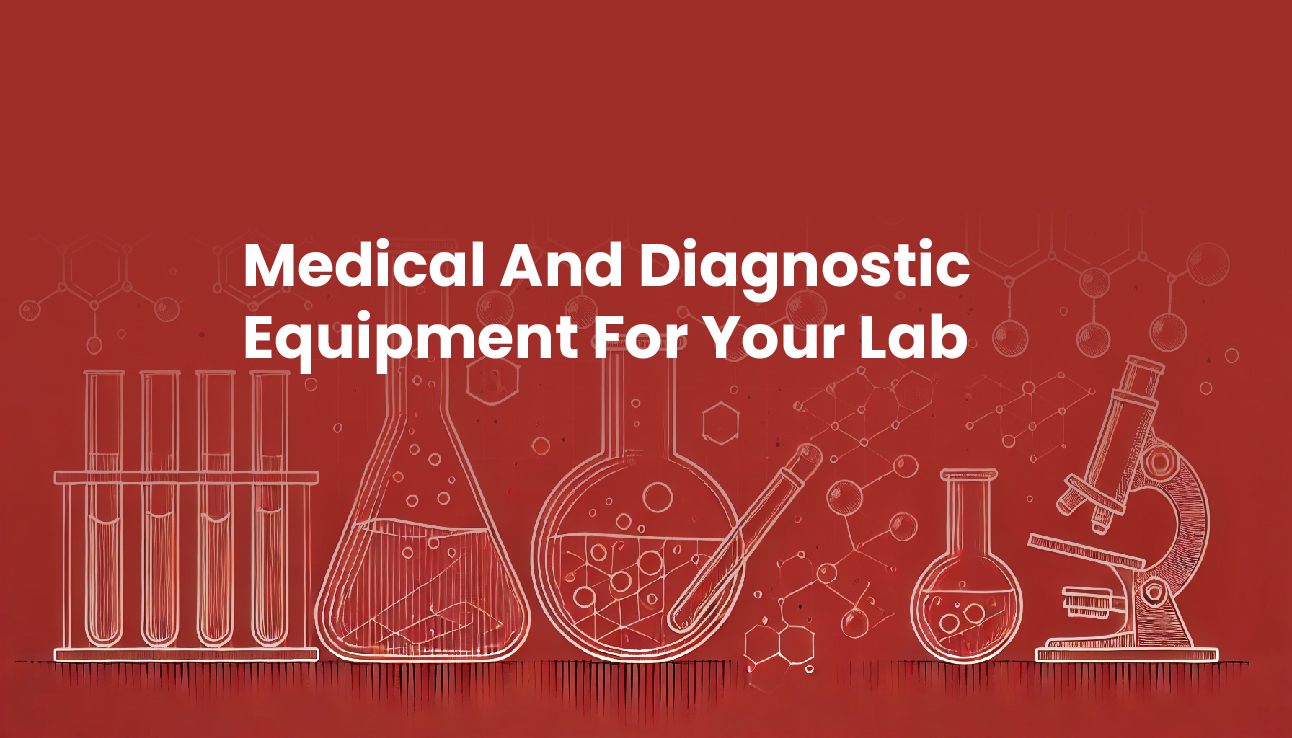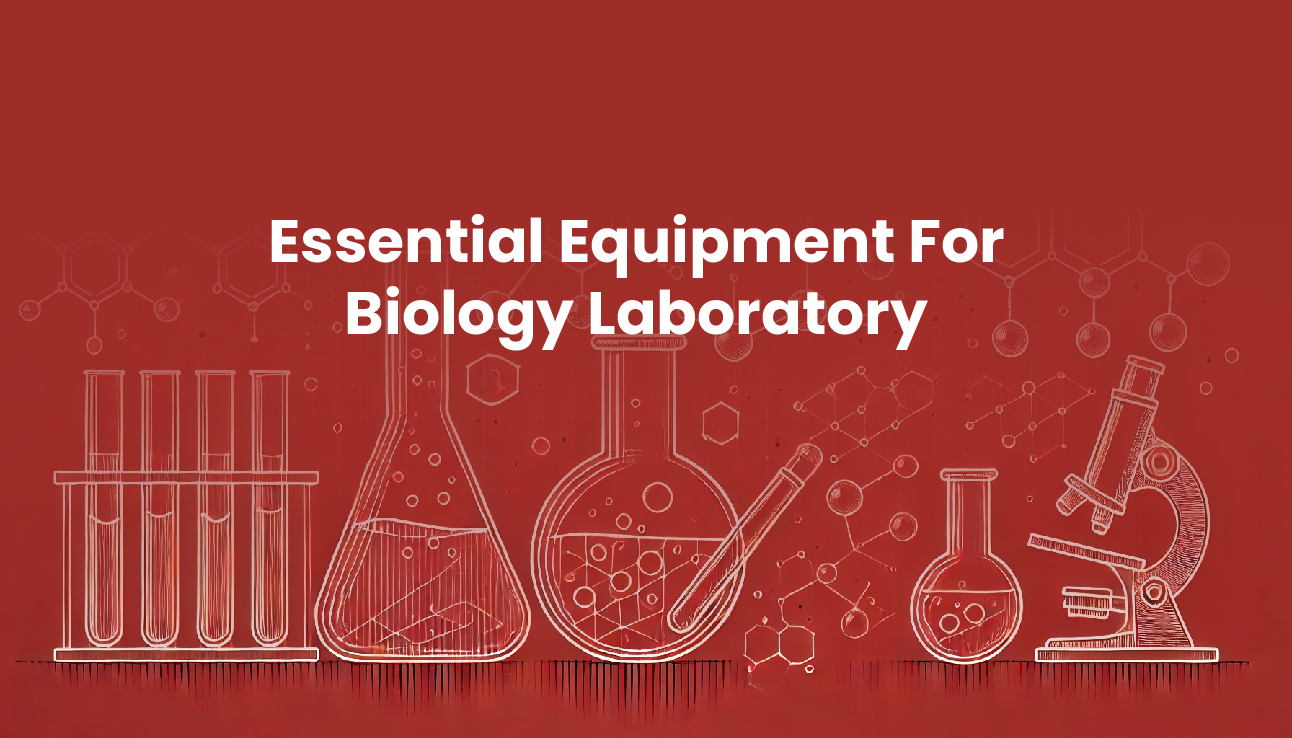For school owners, hydrometers are essential for teaching students about density and specific gravity. For factory operators, hydrometers help monitor product quality and consistency. And for oil rig owners, hydrometers are critical for measuring the density of drilling fluids and crude oil.
In this article, we’ll explain what hydrometers are, how they work, and the different types available. We’ll also show you where to find hydrometers in Port Harcourt, so you can easily access the tools you need. Whether you’re responsible for a school laboratory, a factory production line, or an oil rig operation, this guide will help you understand the importance of hydrometers and how to use them effectively.
What Is A Hydrometer?
A hydrometer is a scientific instrument used to measure the density or specific gravity of liquids. It’s typically a cylindrical or bulb-shaped device with a graduated scale that indicates the density of the liquid.
How Does a Hydrometer Work?
A hydrometer works by floating in a liquid and measuring the displacement of the liquid. The density of the liquid is then calculated based on the displacement. The hydrometer is calibrated to provide accurate readings, and it’s essential to choose the right hydrometer for your specific needs.
Types of Hydrometers
The most common types of hydrometers are:
1. Glass Hydrometers
These are the most common type of hydrometer, made of glass and used for measuring the density of liquids. They are available in various ranges and are suitable for most laboratory applications.
2. Digital Hydrometers
These are electronic hydrometers that provide precise digital readings. They are more accurate and convenient than glass hydrometers and are often used in industries where high precision is required.
3. Handheld Hydrometers
These are portable and compact hydrometers designed for field measurements. They are ideal for measuring the density of liquids in remote locations or in situations where a laboratory setup is not possible.
4. Laboratory Hydrometers
These are high-precision hydrometers designed for laboratory use. They are available in various ranges and are suitable for measuring the density of liquids in research and development applications.
5. Industrial Hydrometers
These are robust and durable hydrometers designed for industrial applications. They are often used in harsh environments and are suitable for measuring the density of liquids in process control and quality assurance applications.
Factors To Consider Before Choosing What Type of Hydrometer To Use For Your Project
Here are some factors you should consider before purchasing a hydrometer:
Measurement Range
- Consider the specific gravity or density range of your sample.
- Ensure the hydrometer can measure the full range of values you expect to encounter.
- Some hydrometers have a limited range, while others can measure a wider range.
Accuracy
- Determine the level of accuracy required for your experiment.
- Consider the precision needed for your measurements.
- Hydrometers can have varying levels of accuracy, from ±0.001 to ±0.01 or more.
Sample Type
- Consider the type of sample you’ll be measuring (aqueous, organic, corrosive, viscous)
- Choose a hydrometer compatible with your sample type.
Temperature
- Consider the temperature range of your experiment (room, high, low)
- Ensure the hydrometer can withstand the temperature range.
Durability
Consider the durability and build quality under these categories:
- Material (glass, plastic, stainless steel)
- Resistance to corrosion and chemicals
- Ability to withstand laboratory use and handling
By carefully considering these factors, you can choose a hydrometer that meets your specific needs and ensures accurate and reliable results for your experiment.
Use of Hydrometers
These are just a few examples of the many uses of hydrometers. Hydrometers are essential tools in various industries and applications, and their accuracy and reliability are necessary for achieving precise measurements and results.
1. Chemical Processing
Hydrometers are used to measure the concentration of solutions, monitor chemical reactions, and control process conditions. _Laboratory Hydrometers_ are ideal for this application, as they offer high precision and accuracy.
2. Oil and Gas
Hydrometers are used to measure the density of crude oil, petroleum products, and drilling fluids. Industrial Hydrometers are suitable for this application, as they are robust and can withstand harsh environments.
3. Food and Beverage
Hydrometers are used to measure the sugar content of beverages, monitor fermentation processes, and control product quality. Digital Hydrometers are a good choice for this application, as they provide quick and accurate readings.
4. Pharmaceuticals
Hydrometers are used to measure the density of medicinal liquids, monitor drug development processes, and control product quality. Glass Hydrometers are often used in pharmaceutical applications, as they are non-reactive and easy to clean.
5. Research and Development
Hydrometers are used to measure the properties of new materials, monitor experimental conditions, and collect data for research studies. Laboratory Hydrometers are suitable for this application, as they offer high accuracy and reliability.
6. Quality Control
Hydrometers are used to monitor product quality, detect contaminants, and ensure compliance with industry standards. Digital Hydrometers are suitable for this application, as they provide quick and accurate readings.
7. Environmental Monitoring
Hydrometers are used to measure the density of water and wastewater, monitor pollution levels, and track environmental changes. Handheld Hydrometers are ideal for this application, as they are portable and easy to use in field measurements.
Where to Find Hydrometers in Port Harcourt
If you’re looking for hydrometers in Port Harcourt, there are several options available. You can find them at:
- Scientific stores
- Laboratory equipment suppliers
- Online marketplaces that deliver to Port Harcourt
One reliable supplier is SimmyFranks, located in Port Harcourt. SimmyFranks offer a wide range of hydrometers and provide expert advice to ensure you get the right tool for your needs.
Let Simmy Franks Help You Make The Right Choice
At Simmy Franks, we believe that the integrity of laboratory experiments is paramount. We understand that even the smallest mistake can compromise the accuracy of results, which is why we’re dedicated to providing the best possible equipment for our customers in not just Port Harcourt but nationwide and even unto international waters. Our goal is to help you achieve reliable and consistent results, and we know that good equipment is essential for making that happen.
That’s why we offer a wide range of hydrometers, from glass to digital, to suit various needs and applications. Our team of experts is always available to provide guidance and support, ensuring that you select the right tool for your specific requirements. We take the time to understand your research goals and objectives, and we work closely with you to find the perfect solution.
By choosing SimmyFranks, you can trust that you’re getting:
- High-quality products that meet international standards
- Expert advice and support from our knowledgeable team
- Timely delivery of products to meet your research deadlines
- Ongoing support and maintenance to ensure your equipment continues to perform optimally
We prioritize the integrity of lab experiments by:
- Sourcing products from reputable manufacturers
- Conducting regular quality control checks
- Providing comprehensive training and support
- Staying up-to-date with the latest industry developments and advancements
Contact SimmyFranks today and experience exceptional service and quality products. Let us help you achieve accurate results and take your research to the next level. Check out our website for more information.
Everything You Need To Know About Hydrometers: FAQs
1. What is a hydrometer used for?
A hydrometer is used to measure the density or specific gravity of liquids.
2. How do I choose the right hydrometer for my needs?
Choose a hydrometer based on the type of liquid you’re measuring, the level of accuracy required, and the environment in which the hydrometer will be used.
3. What types of hydrometers are available?
There are several types of hydrometers available, including glass, digital, handheld, laboratory, and industrial hydrometers.
4. Where can I get a hydrometer in Port Harcourt?
You can get a hydrometer in Port Harcourt at Simmy Franks, a leading supplier of laboratory equipment and scientific instruments.
5. What is the difference between a glass and digital hydrometer?
Glass hydrometers provide analog readings, while digital hydrometers provide precise digital readings and are often more accurate and convenient.
6. How do I calibrate my hydrometer?
Calibrate your hydrometer by adjusting it to read correctly in distilled water at a specific temperature (usually 20°C).
7. What is the accuracy of a hydrometer?
The accuracy of a hydrometer depends on the type and quality, but most hydrometers have an accuracy of ±0.001-±0.005 g/cm³.
8. Can I use a hydrometer for multiple liquids?
Yes, but ensure the hydrometer is suitable for the liquids you’re measuring and clean it thoroughly between uses.
9. How do I maintain my hydrometer?
Clean your hydrometer regularly, store it properly, and check it for damage or wear and tear.
10. What other laboratory equipment does Simmy Franks supply?
SimmyFranks supplies a wide range of laboratory equipment, including thermometers, pH meters, microscopes, and more.





